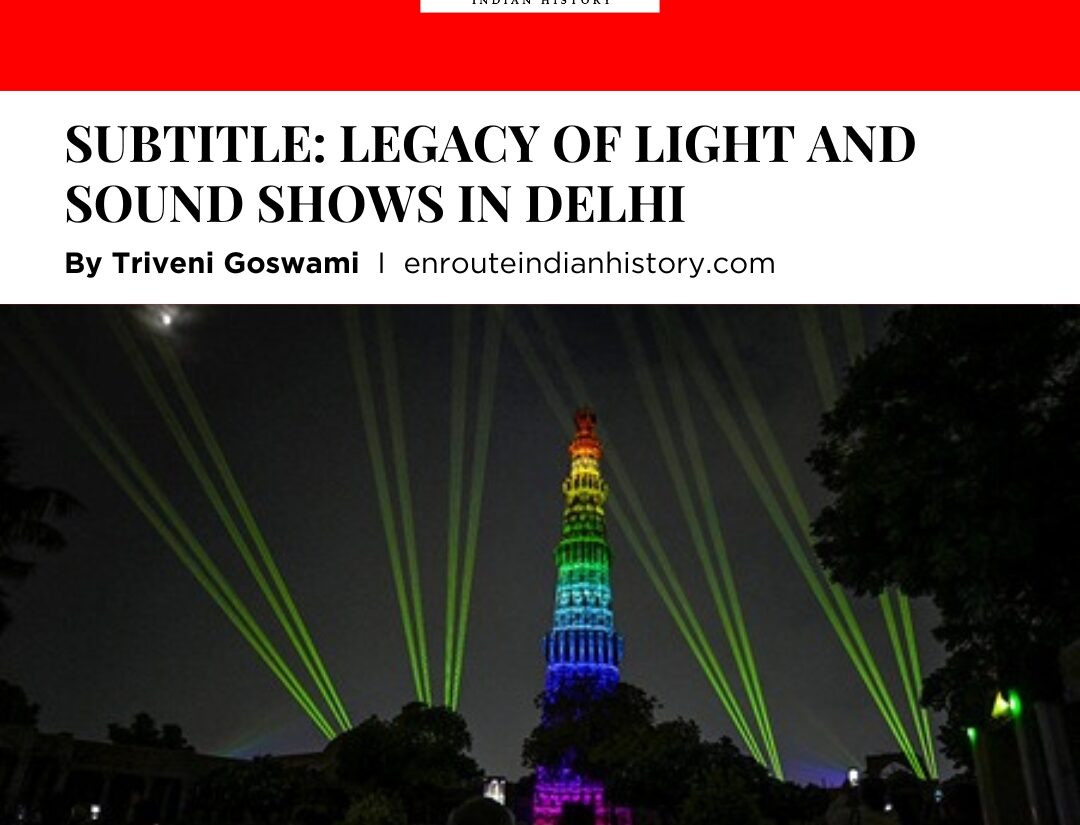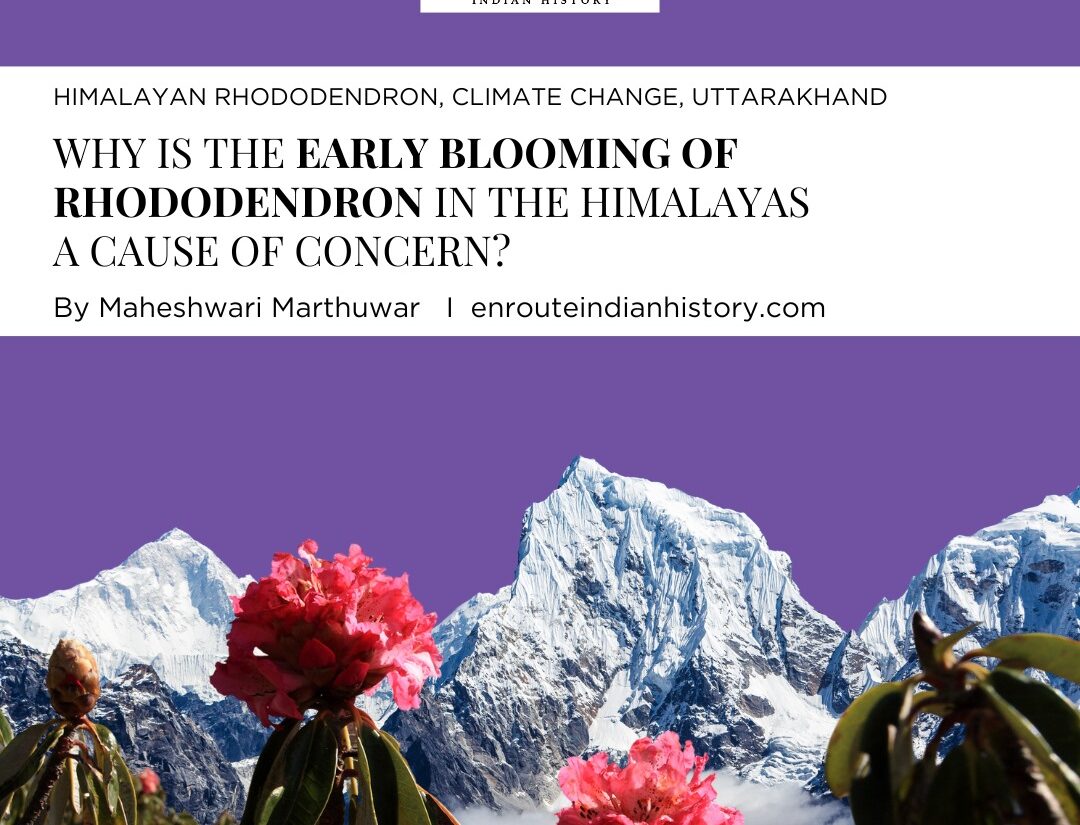Book Review By:- EIH researcher Jaivardhan Surana
“There was Lahore, and Lahore, Remembered.”
Partition of India, brought with itself the partition of hearts and collective memories. It is this protracted partition that Aanchal Malhotra’s debut fictional novel, The Book of Everlasting Things, is partly about, but it also becomes, as it unfolds, a story about Lahore and love. The novel of such enriching details talks of perfume, calligraphy and love blooming just like the roses between two young apprentices: Samir and Firdaus in the buildup to and after the partition.
The plot opens in Vij Bhawan, stood on the corner of the wide Shahalami Bazaar Road and the narrow Kucha Reshamiya (named on silky resham cloth). The names of the streets, in cities like Lahore, Delhi as well as Jaipur help in tracing communities, clans, people and their occupations. Samir, the main protagonist, learns the art of perfumery and fragrances under his uncle, Vivek Vij, who abandoned the family business in textiles after returning from the First World War. Samir rides along the bank of Ravi, to reach their Ittar Kada (shop), located in the famous Anrakali Bazaar, to get trained in distillery and the world of ingredients. The art of perfeumery, as Malhotra elaborates was brought by Babur from Central Asia and posseses the power to provide instant pleasure. It’s like the verses that construct poems, as Asmat Bibi, mother of Noor Jehan created the Itr-e-Jahangiri. Samir, here indulges meticulously in pronouncing the Urdu labels with names like, alif, parwana, taveez and many more. He also understands that “a mere whiff could create an endless montage.”
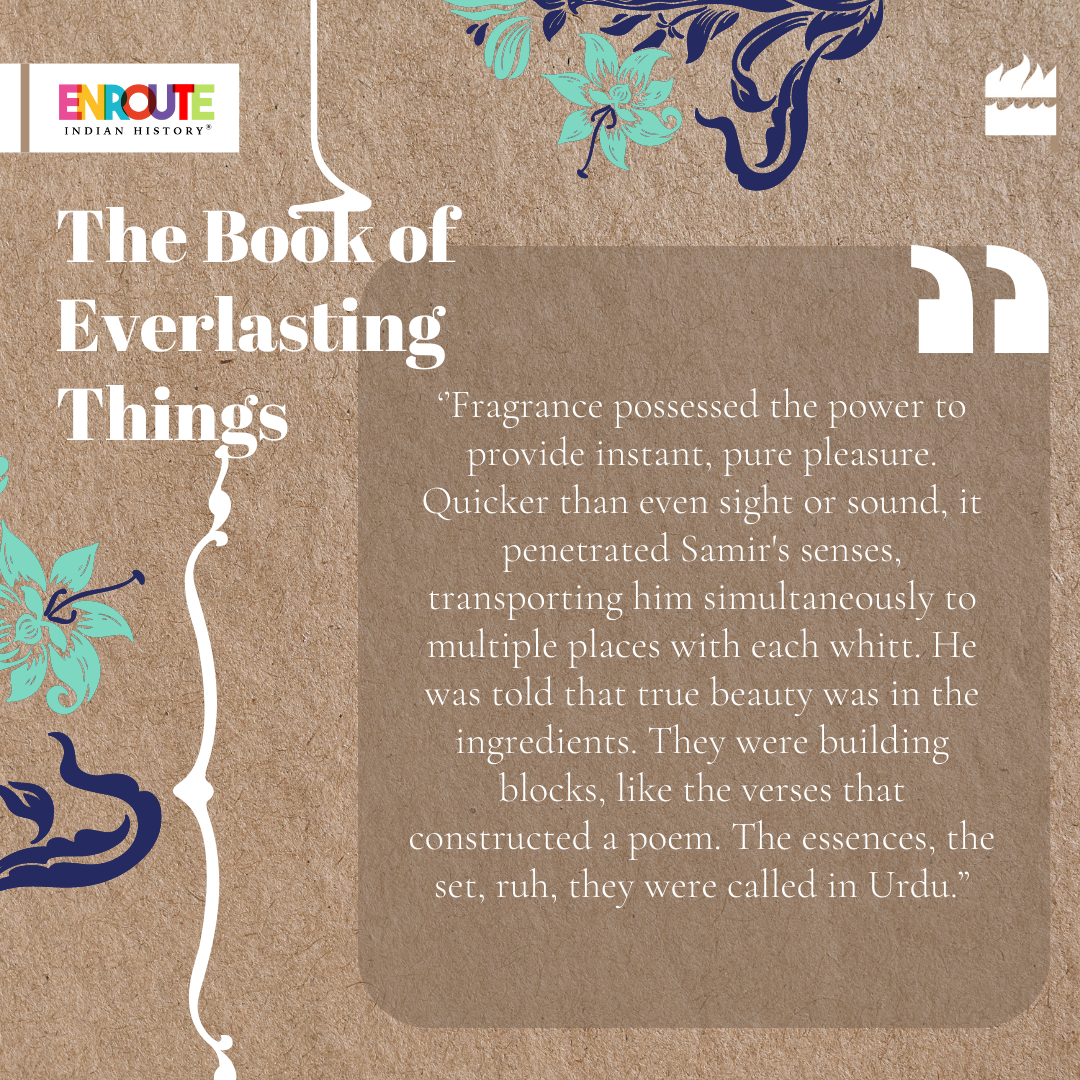
On the other side of the city, in the Wazir Mosque compound, Firdaus, the second protagonist, learns calligraphy from her father, Altaf Khan. They inherited this revered craft, which travelled from North-West Frontirer Province to Punjab along with their ancestors to render verses on the walls of Wazir Khan Mosque. In medieaval times these khattatans, calligraphers would embellish the manuscripts of the scholars who travelled from Central Asia. For Fidaus, this ancestral profession was “an oasis from the many toils of the day.”
Malhotra establishes Samir and Firdaus readily within an artistic realm of history and lineage, rich workmanship and discipline, indicating that the Lahore, which gained prominence under Badshah Akbar is one of grandeur and grace. This is a Lahore where rose water is sprinkled in the courtyard of Wazir Khan Mosque every morning, and poetry manuscripts can be crafted on handmade paper essenced with ittar; a Lahore where horse-drawn tongas are summoned to make day trips to source fresh damask roses, which had the ability to restore the hearts that had been withered, to distil into essential oils; a Lahore where artistic pursuits of perfumery and calligraphy are spoken of and tended to with sacred esteem. This is also the Lahore where Samir locks eyes Firdaus through the rows of perfume bottles, “a sky beyond this sky, where the winds, samir, reach up to touch the heavens, firduas. A place where we converge.” However, their becoming love story was cut short by the Partition in 1947, when “two hearts broke, like the fragments of a newly divided land;” their Lahore is about to blaze as the plan to Partition the Indian subcontinent is implemented.
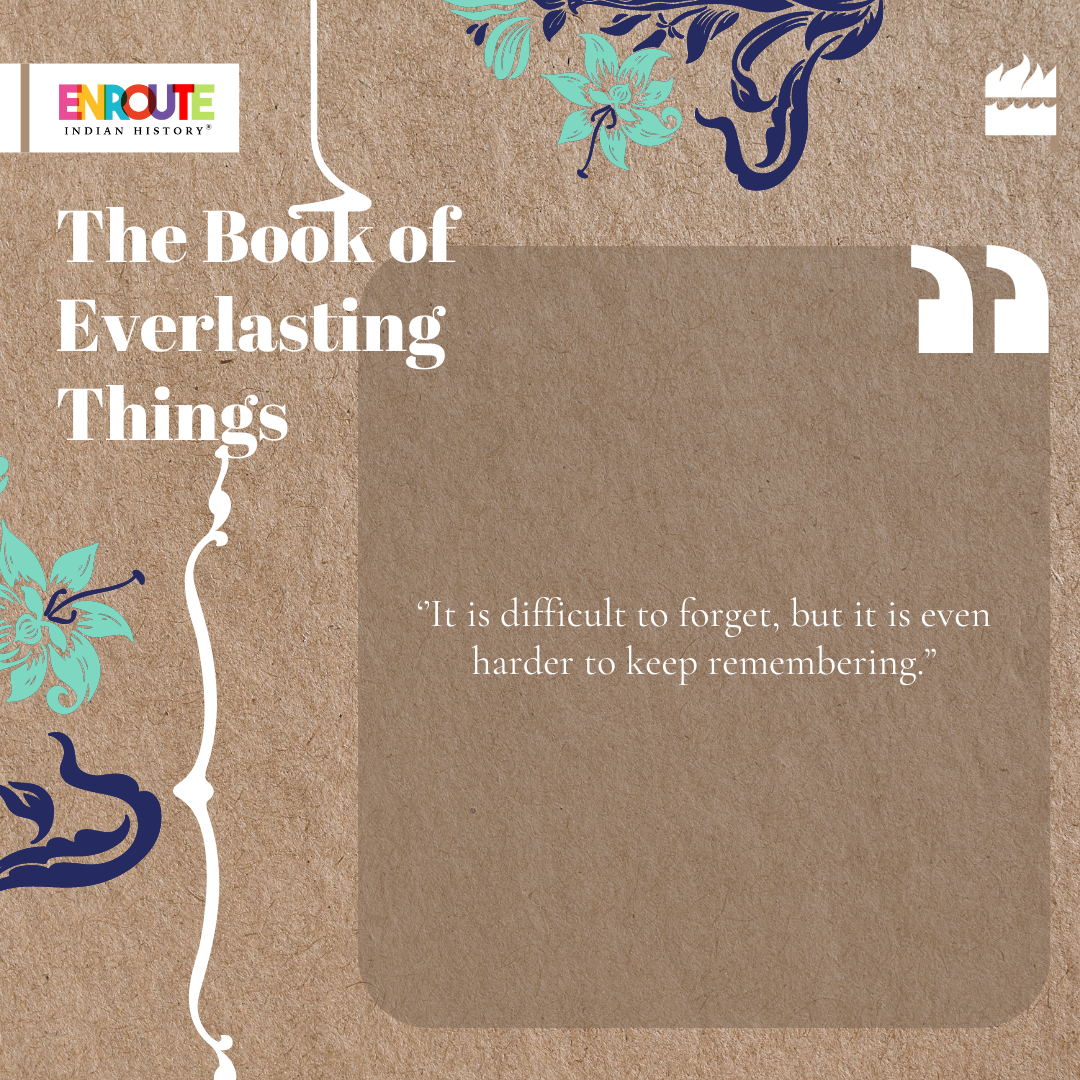
Traumatised, afflicted by the loss of his family and love in the bloody Partition, Samir escapes Lahore and almost immediately, begins to rebuild his life. Without any substantial remembrance of his past and to flee his grief, Samir travels to France, taking solace in the belief that this is where his uncle, Vivek, a Hindustani sepoy during World War I, had learnt about the world of scent. In France, “in self-inflicted exile, following the impulses of his nose,” compulsively devotes himself to rummaging through the journals, he finds out about Vivek’s meticulously chronicled experiences.
Malhotra tends to continue the trend of love and loss throughout the novel. Grasse, the capital of perfumes, is where he learns about his unknown, deceased aunt and the love of his uncle, Ambrette. Consumed in tracing the life of Vivek, Samir neglected the small build-up to his brief marriage to a Frenchwoman woman, his bond with their daughter, and his feelings about fatherhood. Even as he unpacks his distress over the years, Samir never ceases to love Firdaus: “subah ro-ro ke shaam hoti hai, shab tadap kar tamaam hoti hai, I weep morning to evening, all night I tremble in distress.” It is an account of loss and, perhaps, finally, redemption. The fiction then involves a note of promise: not the promise of recuperation, which seems unachievable, but the promise of fresh beginnings informed by what has passed before, which is the promise life gives when one pursues love rather than division. It is ideal, however, to avoid paraphrasing the remainder of the text so that the reader may read for oneself.
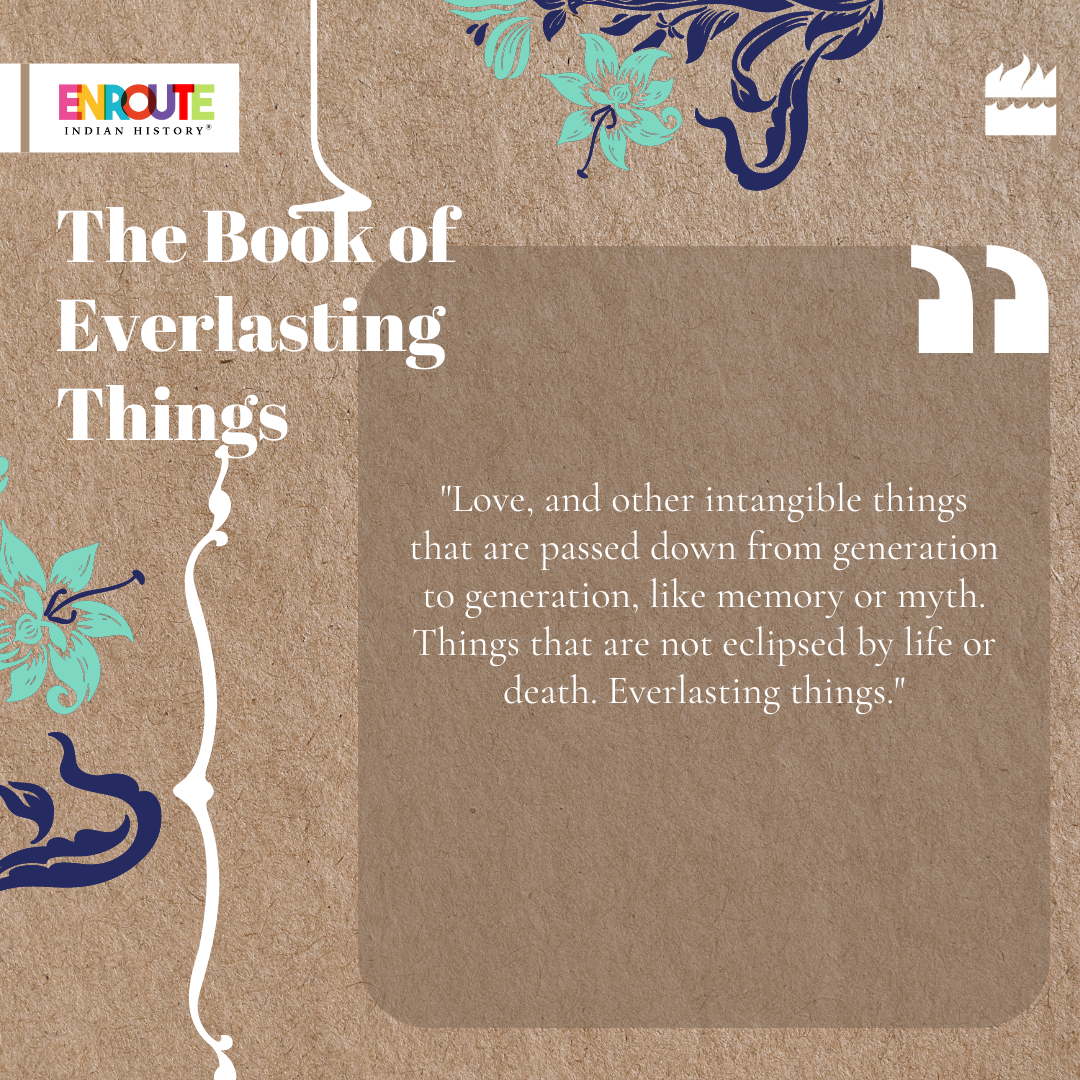
Aanchal, through her evocative descriptions and masterful imagery exhibits that she is an accomplished historian. Instances of Babur bringing damas gulab or Rosa Damascena to India and naming his four daughters: Gulchihra, Gulrukh, Gulband and Gulrang in order to tender homage to the flower; the story of how tea was first populariesd in Punjab and the narrative of Japanese invasion of the eastern India. Hence, her historicity is showcased in a much-engrossed manner. Moreover, the narrative of Partition via specifics and descriptions, is rather brief and quick. It concentrates on violent riots, political squabbling between the Muslim League and the Indian National Congress, as well as the influence of British colonialcontrol. This incidental extrapolation of Partition has provided ample space to the world of perfumes and calligarphy, coupled with odes and thoughts on the power of aroma and the marvels of hands, makes Malhotra a mature woman of letters.
- May 15, 2024
- 6 Min Read
